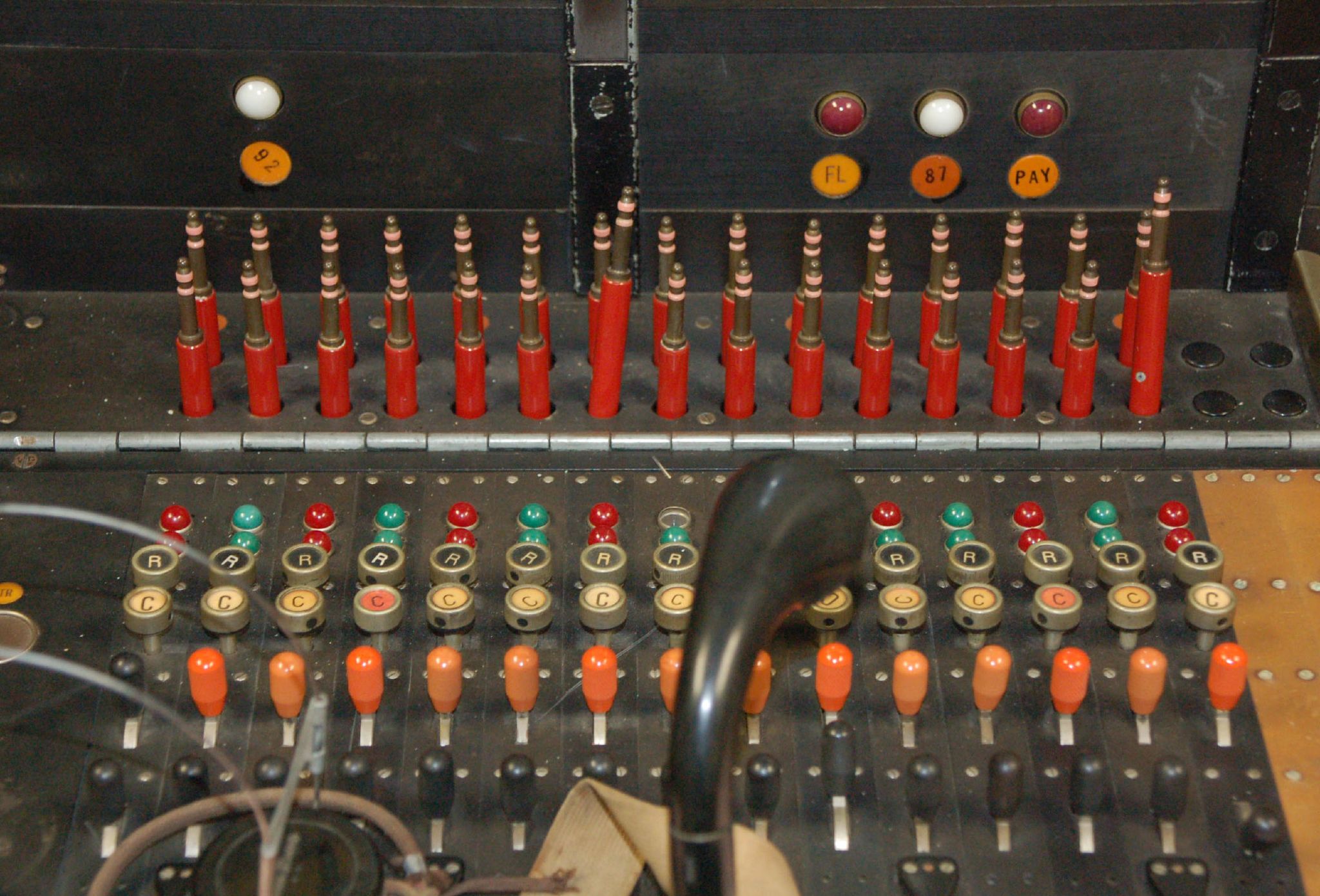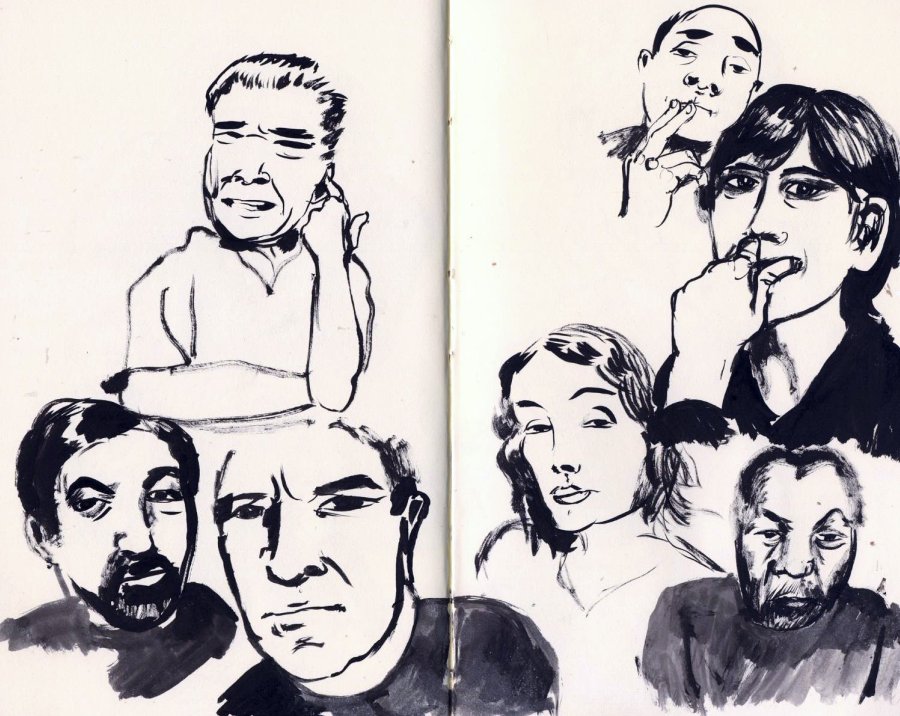
This is my presentation at the Online Learning Summit in London on 16 June 2015. I asked participants to choose between a set of four questions: Question #1: Why are learning, education and training so impervious to change? Number two is the Extinction Event question: It’s 2025. Your organization ceased to exist in 2020. What happened? What was your role, i.e. the role of the learning leader in what happened?








